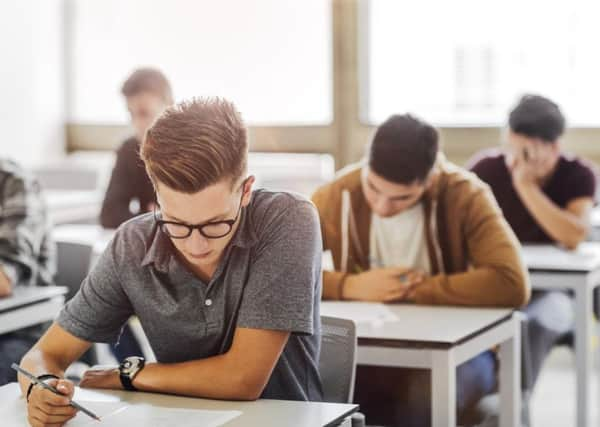The Yorkshire Post says: Society pays for school exam exclusion scandal


An investigation by The Times newspaper has revealed more than 30,000 pupils have not had their GCSE results recorded in league tables despite previously appearing on school registers over the last three years. The illegal practice, known as off-rolling, typically involves students being excluded and being forced to complete their studies in ‘pupil referral units’. Ofsted has begun an investigation, which has identified 300 schools with particularly high drop-out rates.
While it is understandable that school leaders feel under great pressure to achieve good exam results, gaming the system in this way has serious long-term consequences not only for affected pupils but society as a whole.
Advertisement
Hide AdAdvertisement
Hide AdVulnerable children are falling through the gaps and being placed in pupil referral units which experts warn are becoming recruiting grounds for gangs, thereby fuelling a rise in violent crime. Even those who avoid criminality will undoubtedly go on to find adult life much more difficult than peers who have been allowed to complete their studies.
There is no debate that schools should have the right to exclude children who disrupt other pupils’ ability to learn, particularly in a violent or threatening manner. But such power must not be abused.